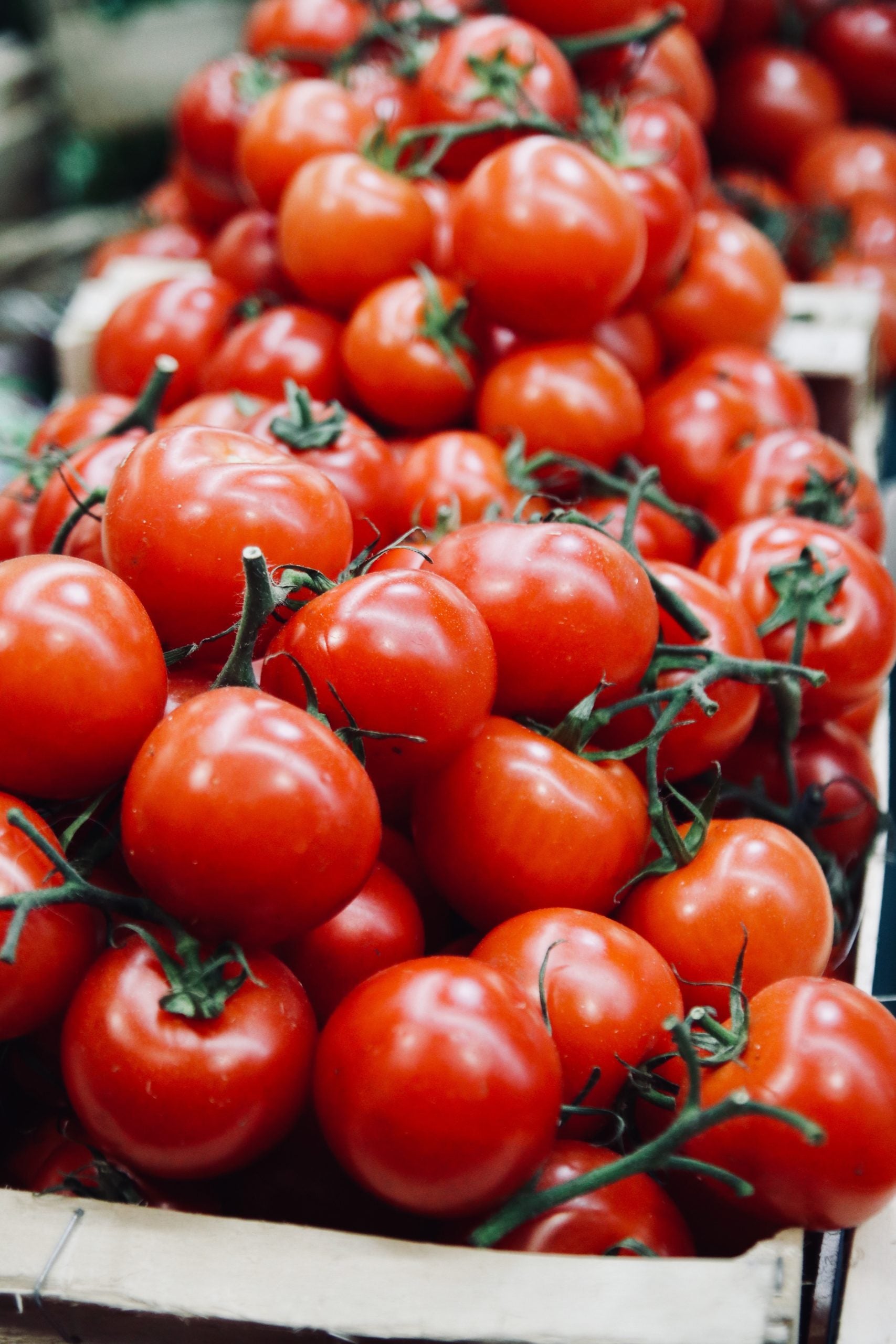Before we get into the microbiome a quick revision of digestion from biology
Ready?!
Digestion starts when we put food our Mouth. Our gnashers work to grind the food down in partnership with our saliva. This chewing action, combined with release of enzymes ( chemicals that help with the break down of our food) ensure that the food is broken down in such a way that we can absorb what we need to from the food as it passes through our digestive system
Food travels from the mouth, down the Oesophagus tube and into our Stomach - the balloon like structure we can feel when we push between the lower part of our ribs ( don’t push on it too hard, it will hurt!)
The stomach can stretch to accommodate large amounts of food. The stomach is where the food is further broken down with the action of more enzymes and a type of acid (hydrochloric acid) and swizzled around to get it ready for its next destination.
This process takes around 4 hours
When our stomach is empty, a chemical messenger hormone - ghrelin ( greh-lin) - is produced to tell our brains that we are ready to eat again
Next up on the digestion rollercoaster is the (not very small) Small Intestine.
On average our ‘small’ intestine is thought to be about 20 feet long! Now we have nothing that looks like what we ate but actually a liquidy mass that is further broken down into smaller elements for absorption and removal at the end ( ahem)
It takes up to 6 hours for the food to move through this not so Small Intestine tube proving that there is a lot of work going on here. The food moves through in pulses and this is where nutrients get absorbed into our bowel and nasty bacteria gets kept out. Depending on how efficient the worker cells in the small intestine are, this, as you can imagine, is a big job.
From here the end is in site - the Large Intestine.
Here water is absorbed from what is left and anything that has been to tricky for the small bowel to deal with can be further broken down here. Although this is the last stop before ‘excretion’, this is the home of the Microbiome. A huge , HUGE pool of bacteria and micro organisms which we now know are very important to not only digestion but to our general health.
( micro organisms are living things that are too small to be seen by the naked eye)
The Microbiome
What is it? Between 1000 and 1150 species of bacteria living in the human gut with 3 million genes between them. This is considerably more than the human genes that we have giving rise the to notion that we are more bacteria than we are human. This may be true but a bit weird ( and yucky) to think about so let’s go back to what we know about the Microbiome.
What does the microbiome actually do?
Remember the last bit of digestion that occurs in the large bowel? The hard to digest left overs from the small bowel? The sciencey name for this is ‘indigestible fibres' usually from plants such as vegetables. The bacteria in the microbiome ferment these indigestible fibres to release something called short chain fatty acids - SCFA.
These SCFA, released from this very last part of the digestion process before the party is over, are vital in protecting the lining of our whole gut.
The microbiome also has a protective role in forming a barrier to reduce the risk of nasty toxic bacteria getting a hold in the gut and causing all sorts of problem
The microbiome also interact with our immune system and our nervous system which is one of the reasons that our gut and our brain are in direct communication
Why is there such an interest in the microbiome?
The types of bacteria and how many we have individually seems to be heavily influenced by our diet,
The bacteria may also affect how calories are taken out of the food we eat
Our microbiome may also have a major impact on the hormones released when we are hungry or when we are full which may in turn have an impact on other hormones within our bodies as well as impacting our drive to eat and our weight.
The beneficial bacteria help with absorption of vitamins from our food, and help with digestion
They have also been shown to have potentially have a role in our mood, our anxiety levels.
The genes of these bacteria can interact with human genes and this is why scientists are so interested on how the microbiome may have a future role with risks for certain conditions
The research is ongoing in every area of this but one thing that is clear is the bigger the variety of bacteria we have in our large bowel the better for general health,
How do we influence the bacteria in our gut?
Ageing, stress, poor diet and some medications are some of the ways we influence our microbiome.
If we don’t have enough of these helpful bacteria then our gut lining may not be as strong as it could be to help us have normal healthy digestion.
This also can have an impact on our immune system, our weight and how our bowels function.
Tips for a healthy microbiome include :
Drink plenty of water
Increase your fibre intake - ideally through vegetables, as many different colours as you can manage!
Limit processed foods
Limit sugar intake- sugar and your gut bacteria are not friends.
Antibiotics only when essential - vitally important for treating bacterial infections when needed but antibiotics will also wipe out some of the good guys as well as the bad guys.
Probiotic foods and supplements ( sources of live bacteria to help increase the number of helpful bacteria in your gut) are important to consider , particularly if you have been on some antibiotics recently.
Keep well,
Dr Clara Russell









